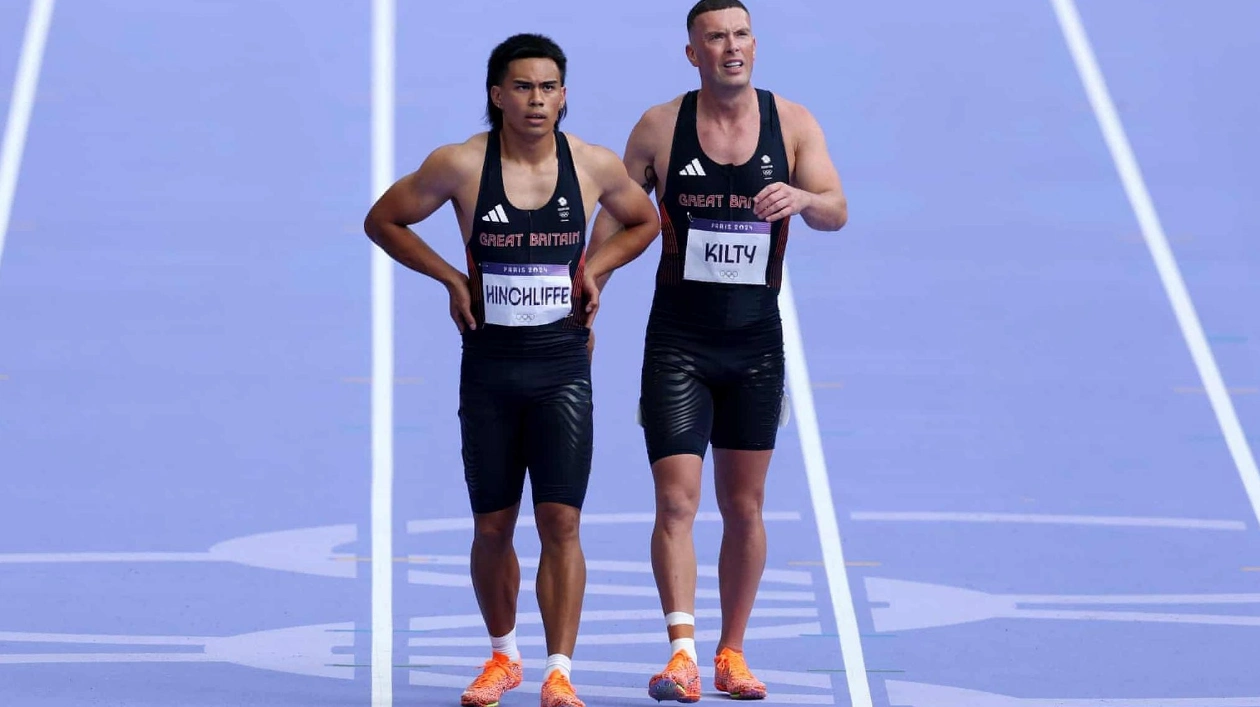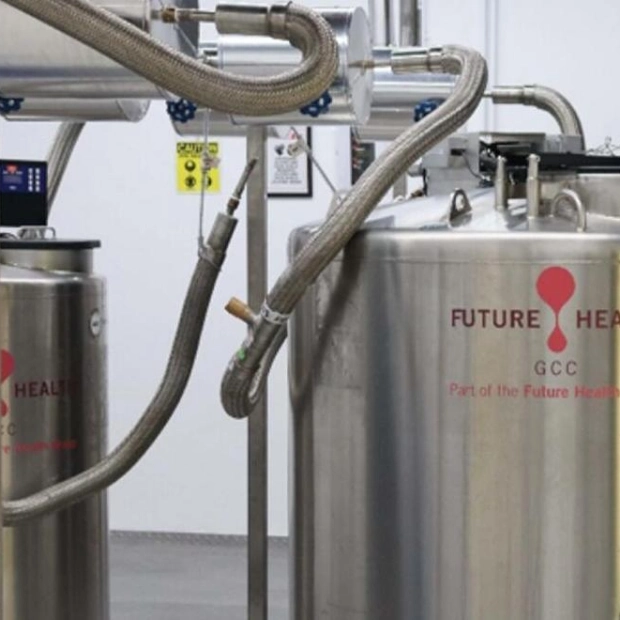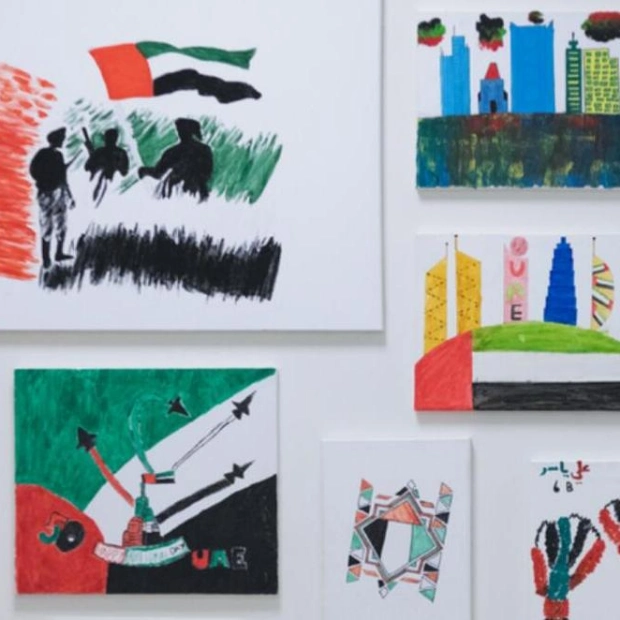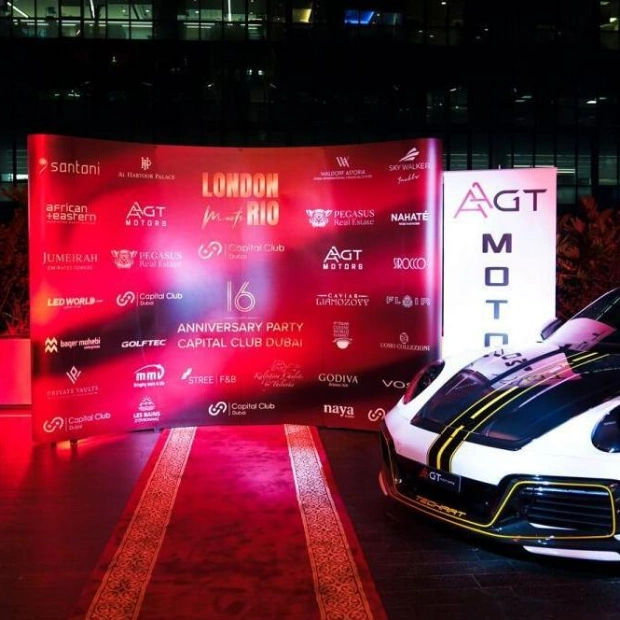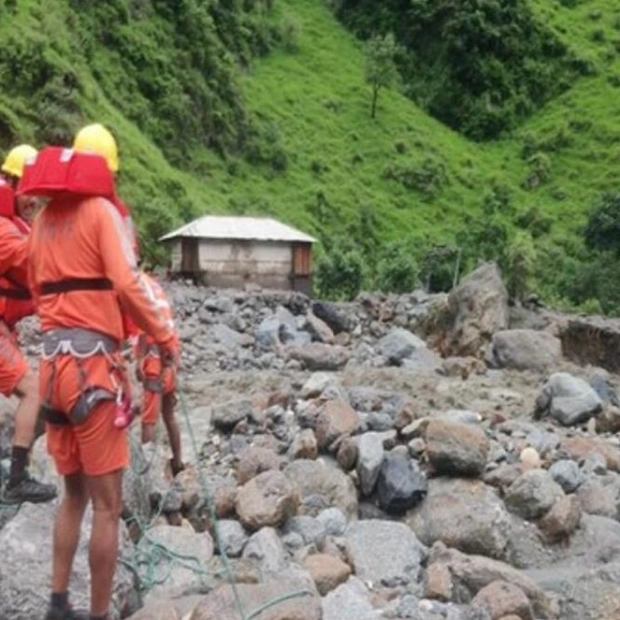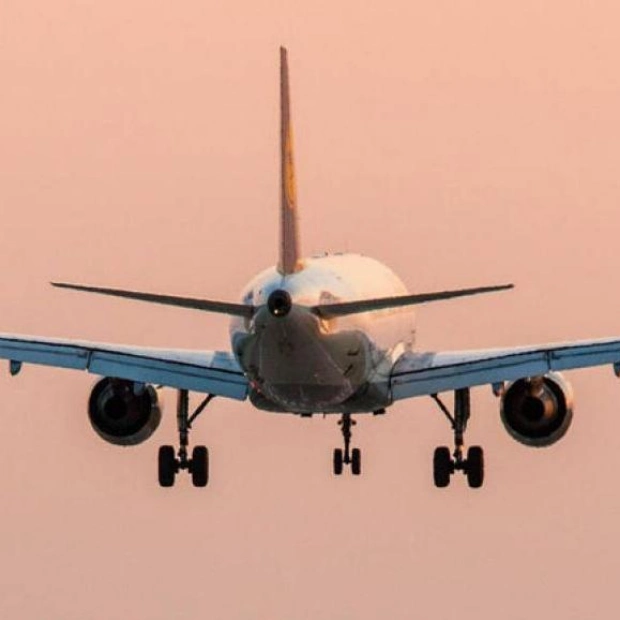On an unusually warm October afternoon in Middlesbrough, Louie Hinchliffe steps out after a double-session training day, leaving his new coach, Richard Kilty, to rehabilitate his recently repaired Achilles tendon. Just over two months ago, seconds after Hinchliffe handed him the Team GB baton in the Olympic 4x100 meters heats, Kilty's Achilles ruptured. Miraculously, he managed to finish his leg, ensuring Britain stayed on course for a bronze medal the following evening in his absence.
For Kilty, 35, the Olympic medal marked the end of a career that had seen him stand on every major international podium. The Achilles tear and subsequent surgery solidified his decision to retire from the track. For Hinchliffe, Britain's rising sprint star, it was his first international medal, following his maiden national 100m title. The two athletes, at opposite ends of their careers, first met a few weeks earlier when randomly assigned the same room at the London Diamond League. The connection was immediate, leading them to share a room again in Paris for the Olympics.
Despite the 13-year age gap and vast differences in life experience, something clicked. In a British sprinting scene dominated by southerners, they wondered if their northern roots played a part—Kilty known as the Teesside Tornado and Hinchliffe from Sheffield. They enjoyed exchanging ideas about athletics. "We just had very similar philosophies," Hinchliffe says. "Very similar minds. I think that's why we hit it off so well."
Hinchliffe made a monumental leap in 2024, clocking 9.95 seconds to become the first European winner of America's prestigious NCAA 100m title for college students, narrowly missing the Olympic final. He was under the guidance of nine-time Olympic champion Carl Lewis at the University of Houston. Lewis advised Hinchliffe, who had spent one year at the Texan school, to return to his studies, warning: "Leaving early and turning pro is fool's gold in track."
But Hinchliffe's passion lay not in the classroom. "It's been a dream of mine ever since I was a kid to be a professional athlete," he says. "I could have stayed in school and possibly got that degree, but is it something I'm passionate about? No. I was the NCAA champion, so there wasn't really anything else for me to win there." A few weeks after the Paris Olympics and his breakthrough season, he decided to turn his back on education: "It felt like the right time. So I took the leap."
As a deterrent to his students following such a path, Lewis had told them he would coach them as professionals only if they completed their degrees. He tried to convince Hinchliffe to stay for another year to reassess, but "was very supportive" when the answer was no. "He wished me all the best," Hinchliffe says. "There's no hard feelings at all. Carl taught me a lot and I can't thank him enough."
The departure created a significant void in his fledgling career and the daunting dilemma of how to replace a mentor who won 17 global titles as an athlete. During his decade in international athletics, Kilty primarily coached himself. He has long written programs for his local training partners in the north-east and largely oversees training for his wife, Dovile, a Lithuanian Olympic triple jumper. Last year, when injuries prevented him from gaining selection for the world championships, he helped coach the GB 4x100m teams. Elite-level coaching seems to be his future.
He recognizes that eyebrows will be raised when people learn that Britain's top male sprinter has put his faith in someone who was still competing a few months ago. But ask him if he is daunted by the prospect and his response is unequivocal: "Not at all. I wouldn't have taken him on if any bit of me was daunted by it or I had any doubt. I've got every confidence in him and myself that we're going to do the business."
When he made the decision to leave Lewis, Hinchliffe spent a short period looking elsewhere. He considered staying in America to join another professional group and spoke to a few coaches. But "no one else gave me the feeling" his Olympic roommate had. "No one seemed to be as passionate as Richard. He knows a lot about the sport," he says. "It just felt right. You know what feels right and that felt the best."
He hasn't had any formal coaching experience beyond the locals here but everyone's got to start somewhere. The best coaches of all time were at that point at one time. I believe it will work." Kilty is absolutely determined it does. He does not plan on seeking out other athletes of Hinchliffe's caliber to coach because "ultimately, Louie is my priority." Joe Ferguson, who competed for Britain over 200m at the 2022 world championships, is Hinchliffe's primary training partner, while another foreign athlete might come on board. "But I'm building my team of athletes all based around how they can help Louie. An athlete of his level needs and deserves a lot of time and attention."
The switch has meant Hinchliffe relocated from Texas to the quiet coastal town of Saltburn-by-the-Sea, with training sessions split between nearby Middlesbrough and Gateshead. His bond with Kilty is no more distant than a few months ago, but he suggests their relationship has evolved since they were relay teammates. "It's not as much of a bromance now," he says. "It's more of a stricter relationship. He's the coach so I've got to listen."
Kilty remains dismissive of anyone who harbors doubts about the wisdom of Hinchliffe's decision. "I'm going to make it my mission to do whatever I can on a daily basis to help Louie be the best in the world," he says. "And I want to become one of the best coaches on the planet. It's the start of a great journey."
Source link: https://www.theguardian.com
